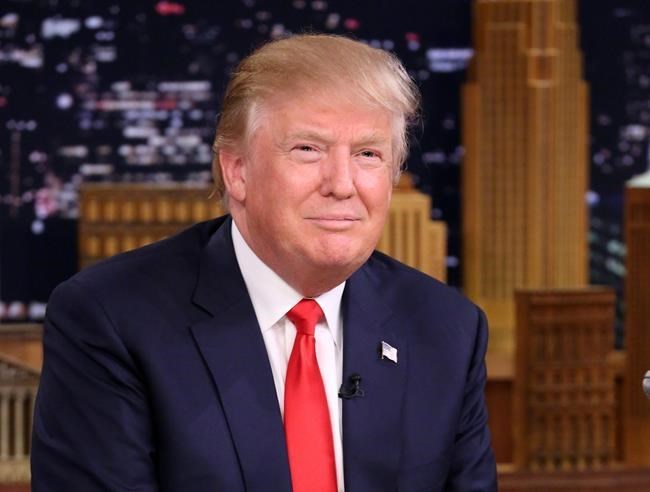Donald Trump was recently found liable for sexual abuse and defamation by a civil court in New York. He is also facing potential charges for financial irregularities.
Those who support Trump call this a witch-hunt and claim that the legal system is being weaponized against him for political reasons.
Trump’s defenders have a point. It is unprecedented for a former American president to face such serious charges. The question is not whether Trump should be charged, however. We need to question why other former presidents are being left alone despite the alleged crimes they committed. Why are they being painted as exemplary while there is an insistence to hold Trump accountable?
For some reason, we accept the crimes of our oligarchs. Debauchery and bloodshed at the hands of the powerful is nothing new. King Leopold II of Belgium was responsible for the death of half the population of the Congo. Are we surprised to learn that he also practiced sexual depravity on a level similar to that of Jeffrey Epstein? Yet, in the years following his death in 1909, the Belgians praised him as the “liberator of Africa” and built statues in his honour.
As the Second World War was ending, many hoped that things would change once the atrocities of the Holocaust became public. Yet, in the years that followed, though the Soviets punished Nazi war criminals, in the West very few were held accountable and most simply went back to their normal lives. Some Nazi collaborators are even revered to this day as national heroes, especially in Eastern Europe.
At the same time, many people of goodwill sought to find ways to make “never again” a reality. International humanitarian law, which had established rules of military engagement in the 19th century, was revised in 1949 to make many of the recent atrocities illegal. We established the Universal Declaration of Human Rights and the United Nations adopted a definition of the Crime of Genocide.
These laws were largely forgotten throughout the Cold War and crimes against humanity were commonplace on both sides of the Iron Curtain.
There was renewed hope for the protection of human rights after the fall of the Berlin Wall in 1989. For example, we saw the establishment of the International Criminal Court. Yet to this day, citizens of powerful nations are largely immune from its authority.
Why are we surprised at the sense of impunity demonstrated by Donald Trump when George Bush Sr. is revered as a great statesman? What about the unprecedented number of civilian deaths that resulted from US military actions in the first Iraq War? Evidence shows that there were many potential violations of international law, including the Pentagon attack on a known civilian defense shelter, resulting in hundreds of innocent children, women, and men being incinerated.
Bush’s son beat the drum about fictitious “weapons of mass destruction” to justify another war in Iraq, resulting in up to a million deaths and the destabilization of much of the Middle East.
Barack Obama expanded American wars in the region and increased the use of drone warfare, resulting in more civilian deaths.
If anything, Donald Trump managed to de-escalate several global conflicts.
In addition, none of these presidents did anything to improve the lives of ordinary Americans. They have seen their middle-class shrink, their debts increase, and in recent years they have even seen a drop in their life expectancy.
In a true democracy, everyone is equal under the law. Trump supporters seem outraged that their president is being held accountable for his crimes while other presidents may be literally getting away with murder.
Part of being a responsible human is not only accepting accountability for our decisions but also having the courage to confront our leaders when they are wrong. In essence, our willingness to do so determines whether “never again” becomes a reality.
Gerry Chidiac is a Prince George writer.



